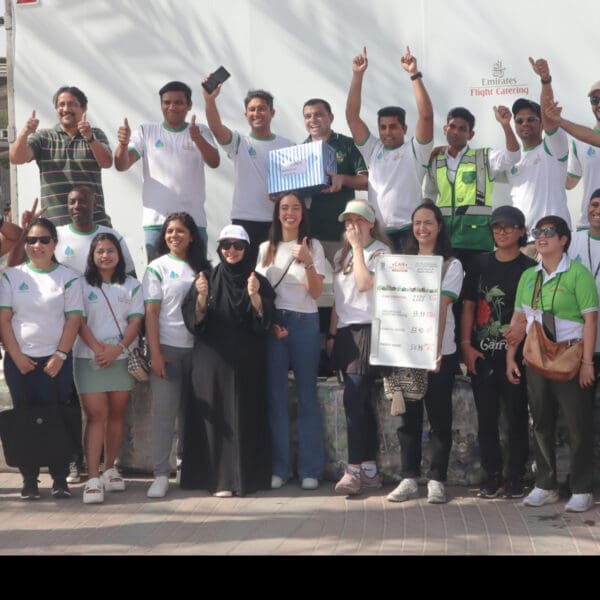Six Senses Hotels Resorts Spas announced that it has become one of the first signatories of the Global Tourism Plastics Initiative, led by the UN Environment Programme and UN World Tourism Organization, in collaboration with the Ellen MacArthur Foundation.

Environmental and social responsibility is at the heart of the Six Senses. In a shared world of limited natural resources and fragile ecosystems, sustainability isn’t a choice, it is the only choice. It demands doing what is right rather than what is easy. At Six Senses, this means going beyond banning single-use plastic and unnecessary waste and to be free of all plastics by the year 2022. This strategy is based on the life cycle assessment of plastics and understanding the impact these products have on the environment from fossil fuel extraction through to disposal. It’s an approach that focuses on upstream suppliers, seeking innovative solutions and promoting a de-plasticized lifestyle by providing more sustainable alternatives.
Joining the Global Tourism Plastics Initiative is another step in this direction to address the root causes of plastic pollution. It enables businesses and governments to take concerted action and lead by example.
As a signatory of the Global Tourism Plastics Initiative, Six Senses furthers its commitment to eliminating, innovating and circulating its use of plastics by 2025, although the brand is on its way to being Plastic Free in 2022. This might be a bold target; however, as the effects of climate change and plastic pollution become increasingly dire around the world, hosts and guests are supporting and even demanding action.
Six Senses is committed to:
- Eliminating all plastics from its operations by the year 2022, with priority on single-use plastics and going beyond that to remove 100 percent virgin plastic sourcing.
- Zero Waste to landfill as a general goal for all Six Senses resorts.
- Continuing its policy of no single-use shampoo and amenity bottles, plastic water bottles and plastic straws.
On signing Global Tourism Plastics initiative, Six Senses pledges to:
- Eliminating remaining unnecessary plastic packaging from our rooms and bathrooms by 2022.
- Eliminating all unnecessary plastic packaging from service areas by 2022.
- Introducing more reusable solutions in kitchens to replace unnecessary plastic packaging (cling film and plastic packaging of fresh products) by 2022.
- Introducing reusable solutions in service areas (host shops) to replace single use packaging by 2022.
- Sourcing naturally compostable packing and other materials where appropriate.
- Working with suppliers to avoid plastic packaging, source plastic free alternative products, and arrange packaging take-back programs wherever possible.
- Working with other hotels and industry partners to share best practices, supplier recommendations, and other information to help the industry move away from plastic.
- Sorting all waste materials, upcycling or composting when possible on site, sending to offsite recycling where available – all with the aim of zero waste to landfill.
“The travel industry is growing at a rapid rate on a planet that has limited natural resources. That means all hospitality leaders have a responsibility to stand up and be accountable for making a sustainable difference and achieving measurable results. Our health and wellness ethos is around making our guests feel better inside and out, so it makes sense for our social and environmental policies to make them feel good about their choice of vacation and their impact on the ecosystems around them too,” said Neil Jacobs, chief executive officer of Six Sense Hotels Resorts Spas.
The Global Tourism Plastics Initiative unites more than 450 businesses, governments, and other organisations behind a common vision and targets to address plastic waste and pollution at its source. To realize this vision, tourism companies and destinations commit to eliminate the plastic items they don’t need; innovate so all plastics they do need are designed to be safely reused, recycled, or composted; and circulate everything they use to keep it in the economy and out of the environment. By taking serious action in a coordinated and determined manner on plastic pollution, the tourism sector can help preserve and protect the places and wildlife that make destinations worth visiting.


















